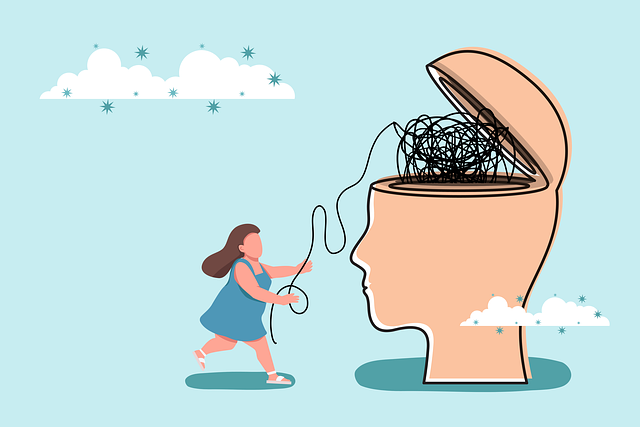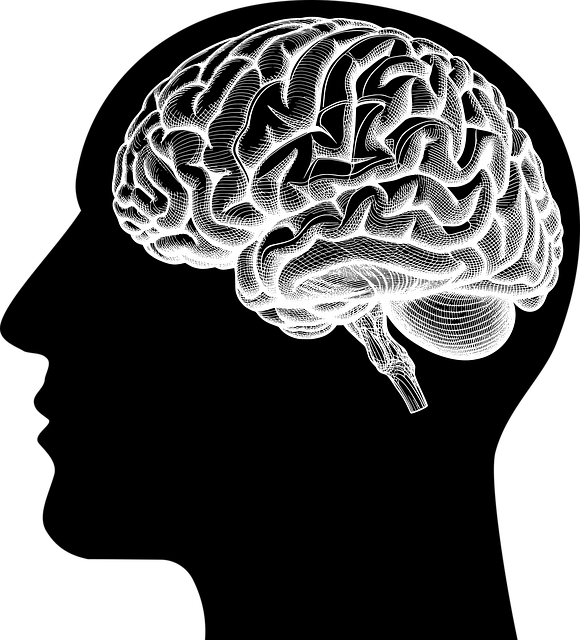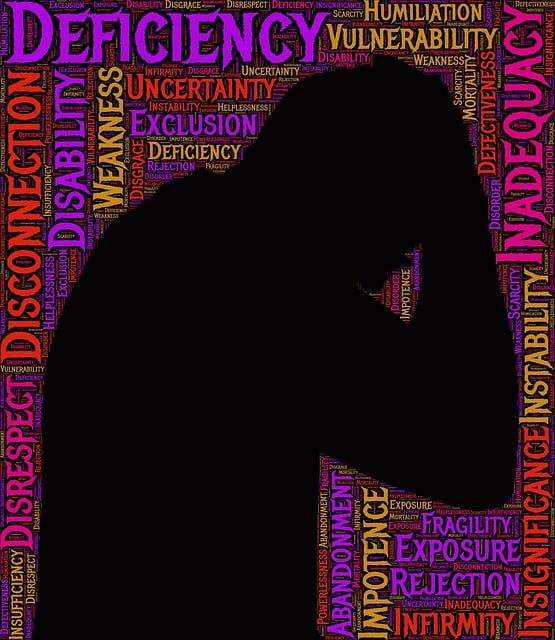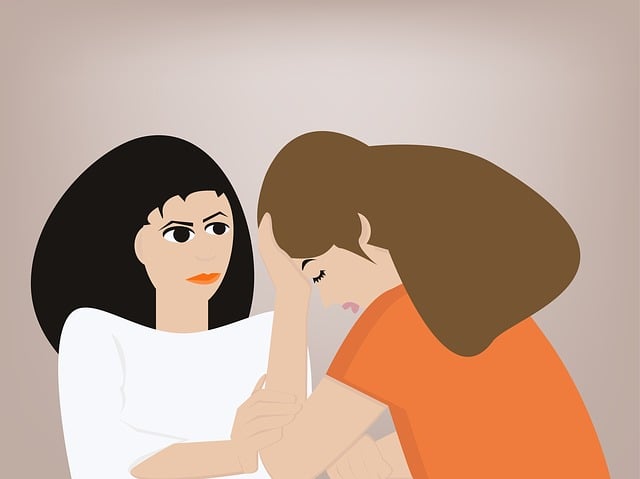The text addresses the significant obstacle to accessing Littleton Pain Management Therapy: the stigma surrounding mental illness. Stemming from misconceptions, historical taboos, and media portrayals, this social disgrace leads to discrimination and isolation, hindering treatment for conditions like depression, anxiety, and bipolar disorder. To combat this, it proposes a multi-faceted approach involving education, policy reform, and practice modifications in healthcare settings, including tailored Mental Health Education Programs, workshops on internalized stigma, and safe space discussions. Community engagement through initiatives like Littleton Pain Management Therapy's programs further reduces stigma by empowering individuals with knowledge and fostering empathy. Social media plays a crucial role in shaping public perception, offering opportunities for open conversations and diverse mental health representations that encourage support-seeking.
Mental illness stigma remains a significant barrier to treatment, impacting millions globally. This article explores comprehensive strategies to reduce this stigma, focusing on healthcare settings, community engagement, and media advocacy. By understanding the root causes and far-reaching effects of mental health stigma, we can foster an environment that encourages support and care. Incorporating evidence-based practices like Littleton Pain Management Therapy can significantly contribute to breaking down these walls and promoting mental well-being for all.
- Understanding Mental Illness Stigma: Causes and Impact
- Strategies for Effective Stigma Reduction in Healthcare Settings
- Community Engagement: Educating and Empowering Individuals to Reduce Stigma
- The Role of Media and Social Platforms in Mental Health Advocacy
Understanding Mental Illness Stigma: Causes and Impact

Stigma surrounding mental illness is a pervasive issue that impacts individuals across various demographics, including those seeking Littleton Pain Management Therapy. This social disgrace often arises from misconceptions and fear, leading to discrimination and isolation for people struggling with conditions like depression, anxiety, or bipolar disorder. The causes of this stigma are multifaceted, stemming from historical taboos, media portrayal, and a lack of understanding about mental health within communities.
The impact is profound, creating barriers to treatment and recovery. Individuals may hesitate to seek help due to fear of judgment or loss of privacy, leading to prolonged suffering. Moreover, it can negatively affect job prospects, relationships, and overall quality of life. Promoting positive thinking, fostering emotional intelligence, and engaging in stress management techniques are key strategies to combat stigma. By educating ourselves and others, we can foster a more supportive environment, ensuring that those facing mental health challenges receive the care and compassion they deserve.
Strategies for Effective Stigma Reduction in Healthcare Settings

Effective stigma reduction in healthcare settings requires a multi-faceted approach that combines education, policy, and practice changes. Mental health professionals play a pivotal role in combating mental illness stigma by integrating anti-stigma initiatives into their practices. This can involve participating in Mental Health Education Programs Design tailored to address common misconceptions and promote understanding among patients and colleagues. For instance, Littleton Pain Management Therapy could organise workshops on recognizing and challenging internalized stigma, thereby empowering both healthcare providers and recipients.
Additionally, implementing Risk Management Planning for Mental Health Professionals is essential. This involves creating safe spaces where open discussions about mental health challenges can take place without fear of judgment. By fostering a culture of empathy and support, these strategies not only reduce stigma but also improve patient outcomes by encouraging early intervention and ongoing care.
Community Engagement: Educating and Empowering Individuals to Reduce Stigma

Community engagement plays a pivotal role in reducing the stigma surrounding mental illness. By educating individuals within communities, we empower them to become advocates for positive change. Through programs focusing on mental wellness and social skills training, people can learn about the realities of mental health challenges and dispel myths that perpetuate stigma. This process fosters empathy and understanding, encouraging open conversations about mental health in an environment where everyone feels safe and supported.
Littleton Pain Management Therapy, for instance, has implemented initiatives aimed at enhancing community engagement. These efforts include providing educational workshops for both general audiences and healthcare providers on improving cultural competency. By educating the community and healthcare professionals alike, these programs ensure that individuals facing mental health issues receive compassionate care and support, ultimately contributing to a more accepting society where mental wellness is prioritized.
The Role of Media and Social Platforms in Mental Health Advocacy

The media plays a pivotal role in shaping public perception and reducing stigma associated with mental illness. With the rise of social platforms, there’s an unprecedented opportunity to foster open conversations about mental health. Responsible reporting and sharing of personal stories can humanize mental health experiences, encouraging empathy and understanding from the public. Many individuals who struggle with their mental health often feel isolated; media representation that portrays diverse mental health journeys can offer a powerful sense of belonging and validation.
Furthermore, social media campaigns led by advocacy groups and mental health professionals are effective tools for raising awareness. These platforms allow for the widespread dissemination of Mental Health Education Programs Design, enabling individuals to learn about self-care routines for better mental health and discover Compassion Cultivation Practices. By reaching a global audience, these efforts can significantly contribute to breaking down barriers and encouraging people to seek support, ultimately benefiting those seeking Littleton Pain Management Therapy or other forms of mental health care.
Mental illness stigma, a significant barrier to treatment, can be reduced through multifaceted efforts. By implementing evidence-based strategies in healthcare settings, engaging communities through education and empowerment, and leveraging media and social platforms for advocacy, we can foster understanding and acceptance. Initiatives like Littleton Pain Management Therapy exemplify these efforts, highlighting the transformative power of accessible, non-judgmental care. Together, we can create a more inclusive society where mental health is prioritized without fear of stigma.












